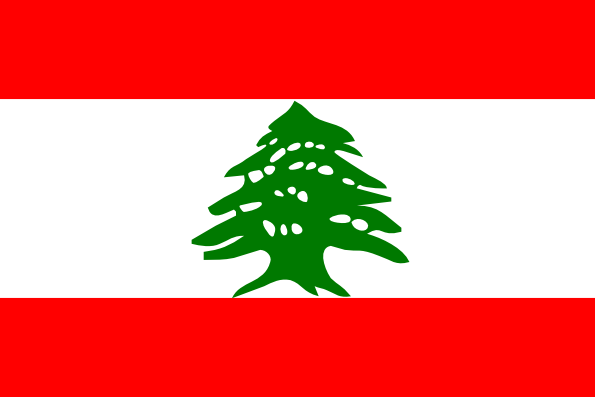Trip to Syria widens schism among Lebanese Christian rivals
 Beirut - Anti-Syrian Christian leaders in Lebanon criticized Friday the decision by rival Christian leader Michael Aoun to visit Syria, saying the move sought to promote relations too quickly and in the wrong manner.
Beirut - Anti-Syrian Christian leaders in Lebanon criticized Friday the decision by rival Christian leader Michael Aoun to visit Syria, saying the move sought to promote relations too quickly and in the wrong manner.
At issue are talks by 73-year-old MP Aoun, leader of the Free Patriotic Movement, with high-level officials in Damascus, including Syrian President Bashar al Assad.
Aoun's move was especially striking to members of the Western- backed ruling majority, since he was long a vocal opponent of Syrian interference in Lebanese politics until 2006.
Then, he stunned Lebanon by bringing his party into a coalition with the Shiite Muslim group Hezbullah, which has strong ties to both Syria and Iran.
Anti-Syria Christian leader Samir Geagea, who also heads the Lebanese Forces - a main Christian party - and has a parliamentary bloc like Aoun, accused his rival of discussing with the Syrians the formation of election tickets, saying "Iran pays the money and Syria provides weapons, personnel and more."
Lebanon is expected to hold parliamentary elections in May 2009. Such proximity was inappropriate, Geagea said, noting that "hundreds of Lebanese citizens are jailed in Syria".
"We have bases manned by Palestinians loyal to Syria and we have non-demarcated borders with Syria, especially in Shebaa Farms, not to mention persisting Syrian efforts for more than three years to destabilize Lebanon," Geagea said.
Antoine Zahra, another anti-Syrian member of parliament, said Aoun had "rushed" his trip to Syria, especially in view of the fact that several sensitive issues between the two countries remain unresolved.
"I think that the visit was rushed after the painful history of the Lebanese-Syrian relations," Zahra said.
The anti-Syrian ruling majority to whom Geagea and Zahra belong believe that Syria is trying through the opposition led by Hezbollah to return to Lebanon and meddle in the upcoming elections.
President Michel Suleiman, who is considered a moderate Christian, also indirectly criticized Aoun's talks in Syria, He urged Arab states to deal with Lebanon through its head of state - himself - the figure "in charge of relations with other states."
"This does not mean at all that states should not deal with friends, be they individuals or groups, but there is a level for dealing with the head of state and (another) level for dealing with others," Suleiman said.
He said Lebanon's relations with Syria have "been placed on the proper track. It is based on frankness between President Bashar Assad and myself," he added.
Aoun's alliance with Hezbollah has caused a division in the Lebanese Christian camp, which has always been highly critical of Damascus' political hegemony over Lebanon.
Aoun waged a "war of liberation" against the Syrian presence in Lebanon, when he headed a Christian interim government in 1989. In 1990, Syria led an offensive against Aoun that ousted him.
He was forced into exile in France and only returned to Lebanon in May 2005, a month after the end of Syria's 30-year military presence.
Syria and Lebanon launched diplomatic ties for the first time in October 2008 after years of tense relations following the murder in February 2005 of former premier Rafik Hariri. Damascus was widely blamed for the killing but denies involvement.
Aoun has insisted that his visit to Syria was justified at this time, especially now that diplomatic ties have been set up between the two countries.
He said his Lebanese foes have no business pointing fingers. "In my talks ... in Syria or in Iran or any country in the world ... the issue was to be Lebanon, not Michel Aoun."
"We (Aoun and Syria) were rivals, but never enemies. I'm a military man, and I carry no bitterness or hatred," he said, adding that the talks with Assad "hold the promise of a bright future". (dpa)